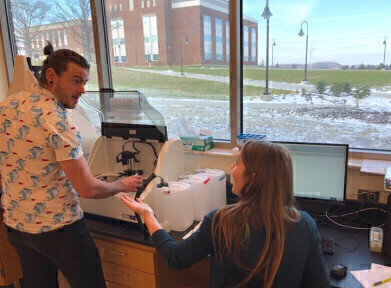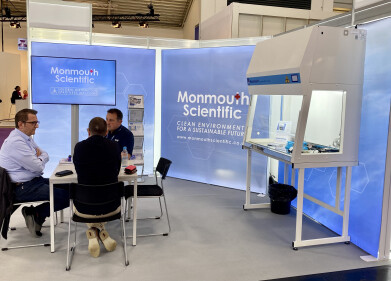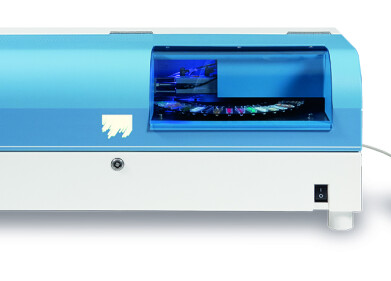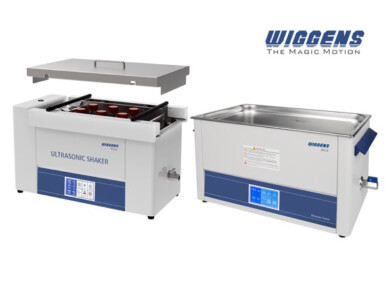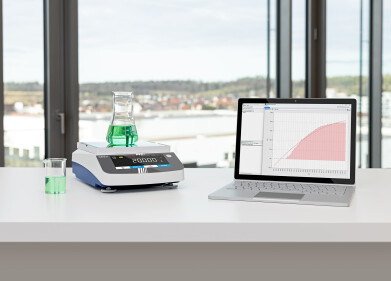Laboratory products
Soil Nutrient Analysis Underpins Environmental Research
May 17 2019
West Virginia University in the Unites States is using a Seal Analytical AQ300 instrument in research projects seeking to increase the yield of bioenergy crops and investigate the effects of acid rain on high value trees in Appalachia.
Seal Analytical’s automated analysers are commonly employed for inorganic nutrient analysis in laboratories around the world. Most frequently this work involves the measurement of nutrient transport in water, but soil is an equally important medium for nutrient accumulation. Soil ecosystems rely on the complex microbial communities that metabolise organic material into bioavailable nutrients.
Dr Zac Freedman’s research uses a combination of classical microbiological methods as well as state-of-the-art chemical and molecular techniques to investigate the impacts of environmental change on the structure and function of microbial communities in terrestrial ecosystems.
Having conducted his postdoctoral research in another environmental microbiology lab at the University of Michigan School of Natural Resources and Environment, Dr Freedman became acquainted with the Seal Analytical AQ2 Analyser. After joining the faculty at West Virginia University and starting his own laboratory, he selected the Seal AQ300 as a familiar and reliable workhorse in nutrient analysis.
In one ongoing project from Dr Freedman’s lab, the goal is to determine whether plant-soil-microbe interactions can be leveraged to improve the yield of the popular bioenergy crop, Miscanthus X giganteus, on reclaimed mine sites. For this project, the lab utilises the Seal AQ300 to assess soil nitrogen, phosphorus and carbon pools to complement microbial activity data and predict how microbial nutrient cycling is impacted by different reclamation strategies and soil amendments. This is important because in soil, the microbial cycling of nitrogen, phosphorous and carbon are needed to unlock these nutrients from decaying organic matter in order to maximise soil productivity.
In another project, the lab is investigating whether reductions in acid rain are driving the reduced growth of Black Cherry (Prunus serotina) trees, which are of high value in Central Appalachian forests. The lab is using the AQ300 to test the availability of soil nitrogen and sulphur in association with microbiome characterisations. This project will help determine whether changes in air quality across the region, following the passage of the Clean Air Act, are altering the soil’s chemical and biological conditions.
More information online
Digital Edition
Lab Asia Dec 2025
December 2025
Chromatography Articles- Cutting-edge sample preparation tools help laboratories to stay ahead of the curveMass Spectrometry & Spectroscopy Articles- Unlocking the complexity of metabolomics: Pushi...
View all digital editions
Events
Jan 21 2026 Tokyo, Japan
Jan 28 2026 Tokyo, Japan
Jan 29 2026 New Delhi, India
Feb 07 2026 Boston, MA, USA
Asia Pharma Expo/Asia Lab Expo
Feb 12 2026 Dhaka, Bangladesh
